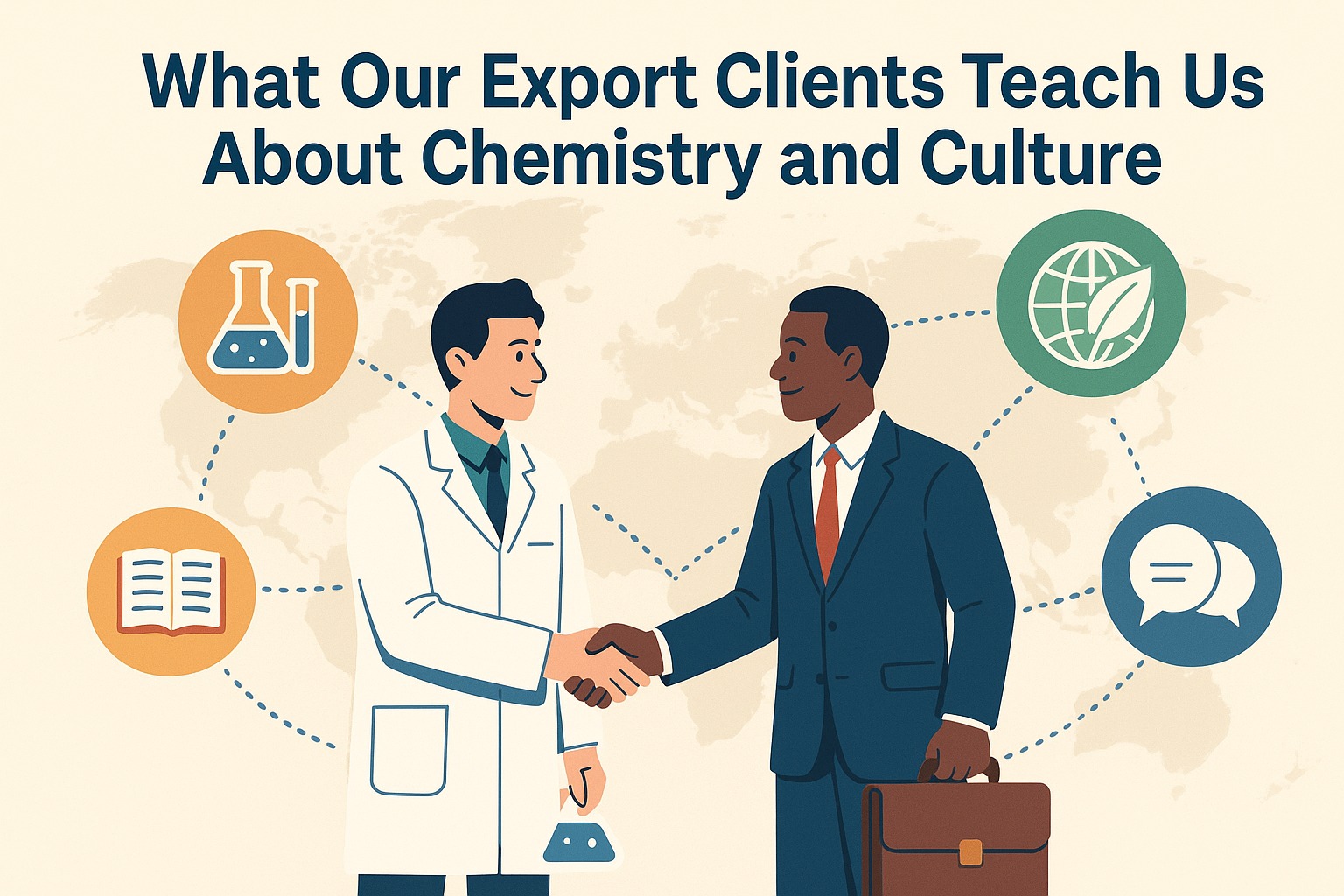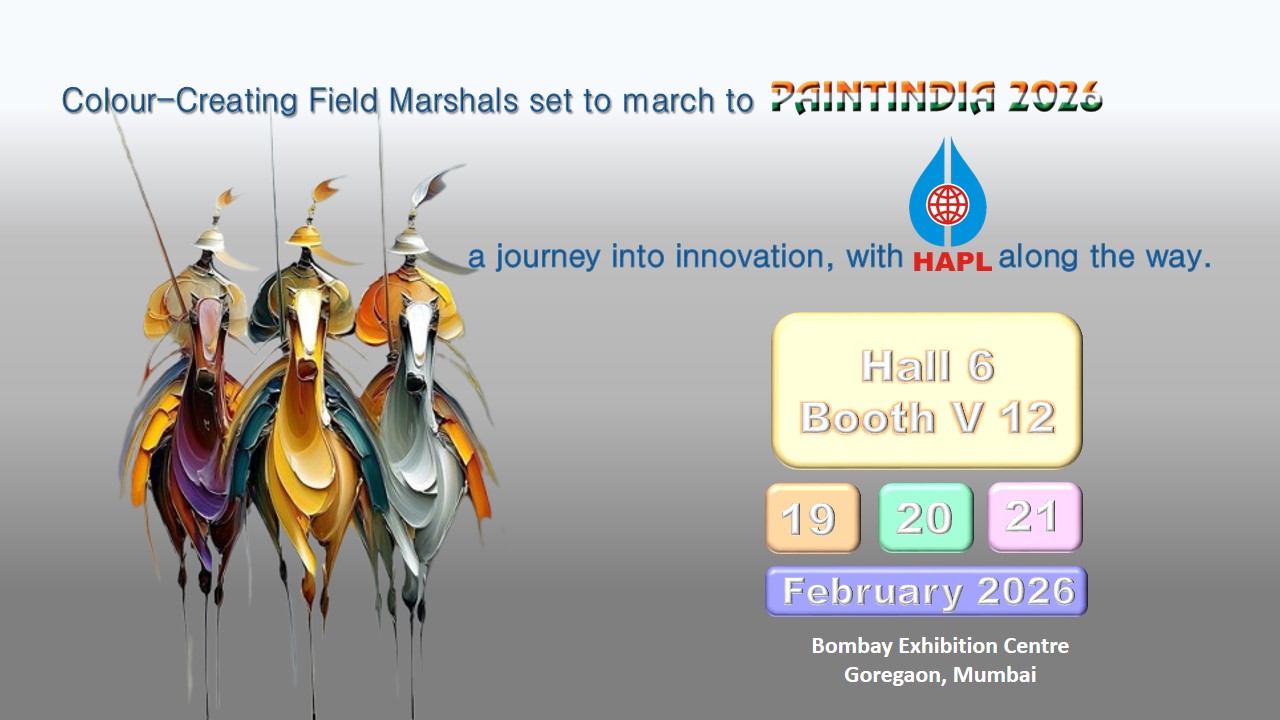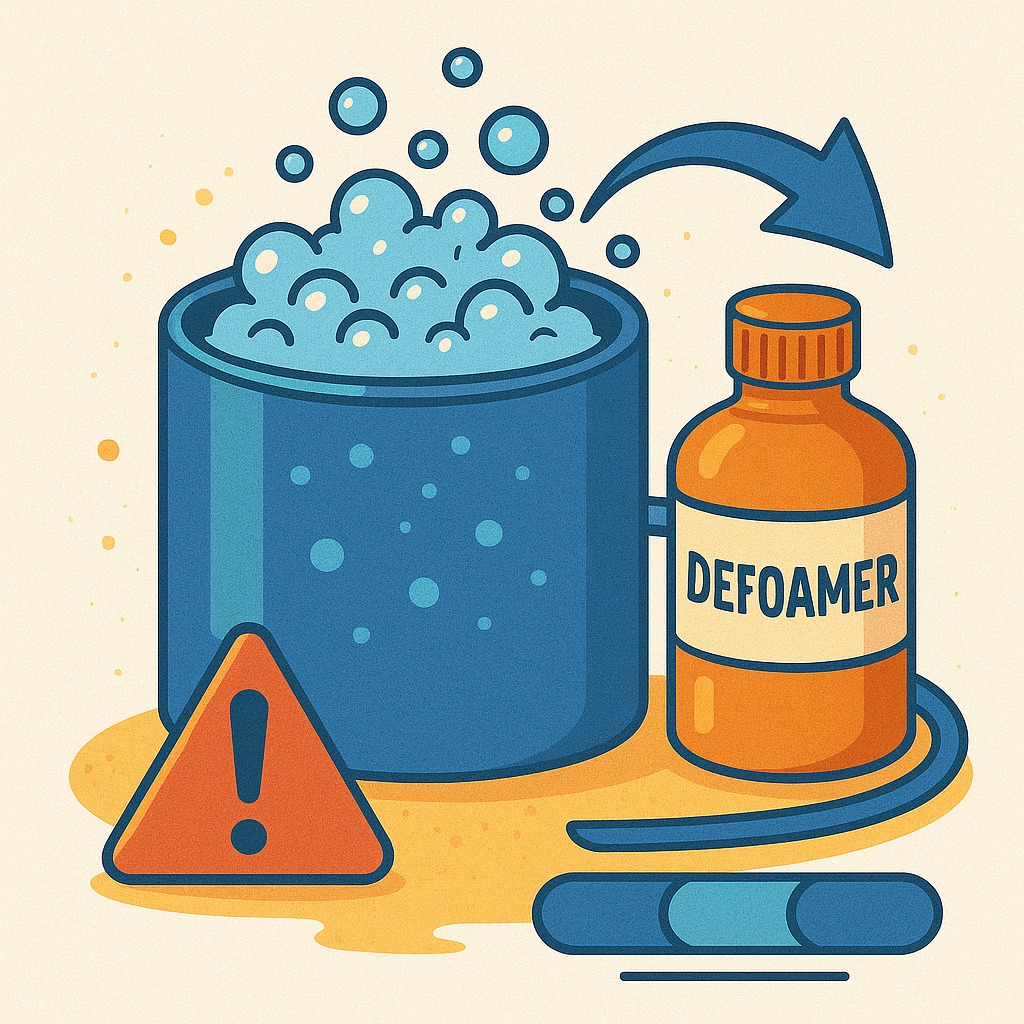
What Our Export Clients Teach Us About Chemistry and Culture

At Harmony Group, exporting our specialty
chemicals across continents has been more than just a business activity—it’s
been an ongoing learning experience, a cultural exchange, and a journey of
continuous improvement.
Working with clients in Asia, Africa, the
Middle East, and beyond, we’ve realized that chemistry is universal, but
customer expectations are shaped by culture, climate, regulations, and local
business habits.
Here’s what our export journey has taught us:
1.
Formulation Needs Change with Climate and Geography
One of our first lessons was that a paint
additive performing beautifully in India’s tropical climate may behave
differently in arid Middle Eastern conditions or cold European winters.
Our clients taught us to fine-tune:
- · Defoamer
efficiency in high-temperature environments
- · Thickener compatibility for low-humidity regions
- ·
Shelf-life
expectations in countries with extreme storage conditions
In short: Geography dictates chemistry performance.
2.
Packaging Expectations Vary More Than You Think
From multi-layered moisture-barrier drums for Africa to eco-friendly packaging preferences in Europe, we learned that packaging isn’t just a container—it’s part of the customer experience.
Some clients prefer:
- · Small
packaging for ease of handling
- ·
Tamper-proof
seals
- · Clear batch coding for traceability
- · UN-approved packaging for hazardous classifications
Understanding these subtle preferences has helped us reduce complaints and build trust.
3. Regulatory
Compliance: Every Market Has Its Rulebook
Working with clients abroad has opened our eyes to global chemical regulations:
- · GHS labelling and SDS formats tailored for each country
- · Import documentation standards that differ between ports
What began as a daunting paperwork exercise is now a smooth in-house process for us, thanks to years of client feedback and audits.
4.
Language is Not Just About Words—it’s About Meaning
We’ve had instances where a technical word in
an email created confusion because of language barriers.
Our lesson:
- ·
Keep
communication clear, simple, and jargon-free
- · Use visual aids (like application videos and before-after performance charts)
- · Always double-confirm on critical specs like dose level, viscosity range, or active content
5. Cultural Sensitivity Builds Long-Term Relationships
Whether it’s respecting business hierarchies in
Japan, following email formalities in Europe, or understanding negotiation
styles in African markets, we’ve learned that cultural respect matters as much as
product performance.
Taking time to wish clients during their local festivals or learning simple greetings in their language has often helped us turn business relationships into friendships.
6. Feedback from Clients Make Our Products Better
Many of our product improvements—from
low-foaming defoamers for high-speed lines in the GCC to eco-label compliant
additives for Europe—have come from listening carefully to client feedback.
Sometimes, a simple email from a customer
saying,
"Your product works well, but can you
improve its pour-ability?"
…has triggered an internal formulation change
that eventually became a standard for all markets.
Conclusion: Global Business is a Two-Way Learning Street
Today, we don’t just export chemicals—we export
solutions tailored to global needs.
We are grateful to our clients across borders
who continue to challenge us, educate us, and grow with us.
For us, every shipment is not just a commercial
transaction—it’s a lesson in chemistry and culture.



